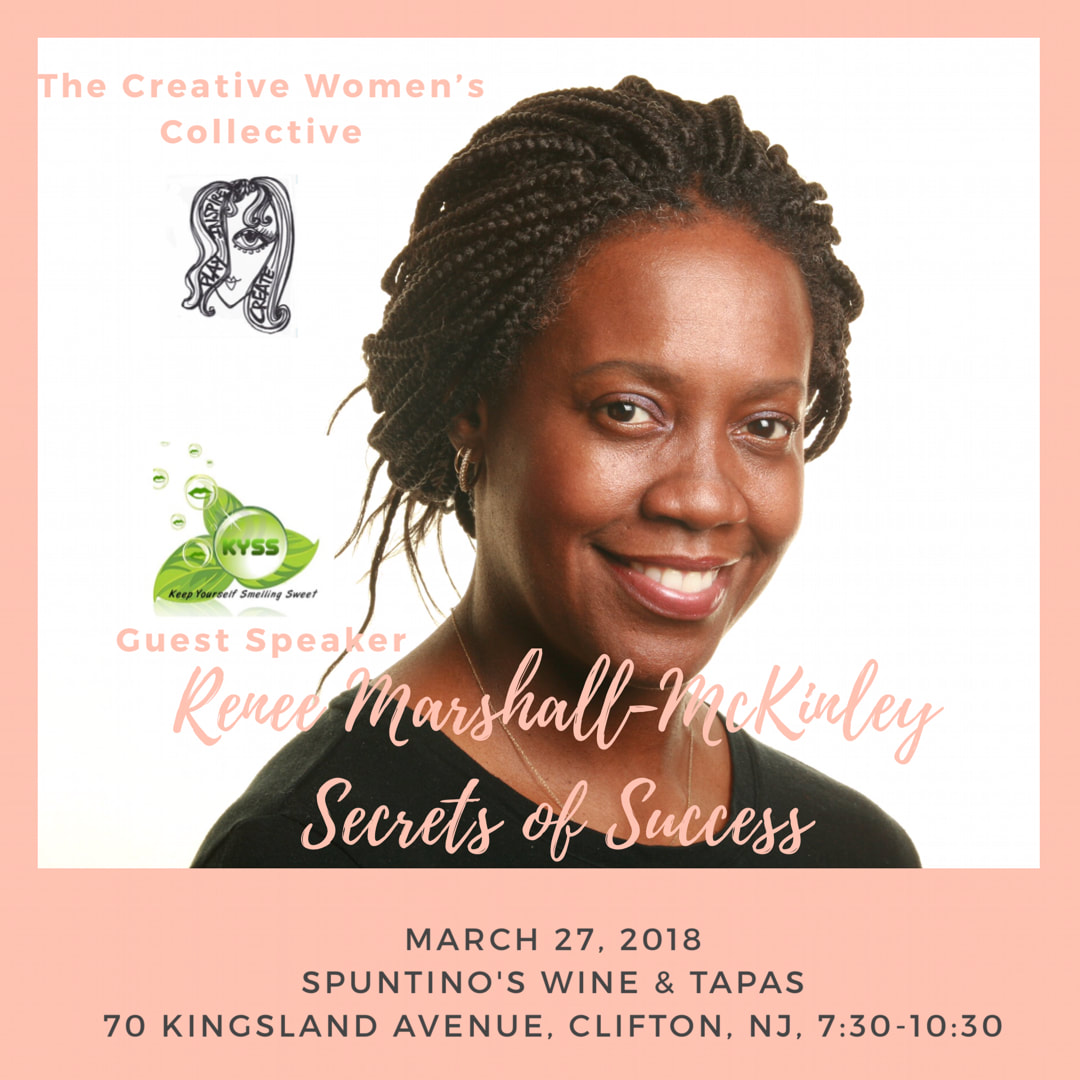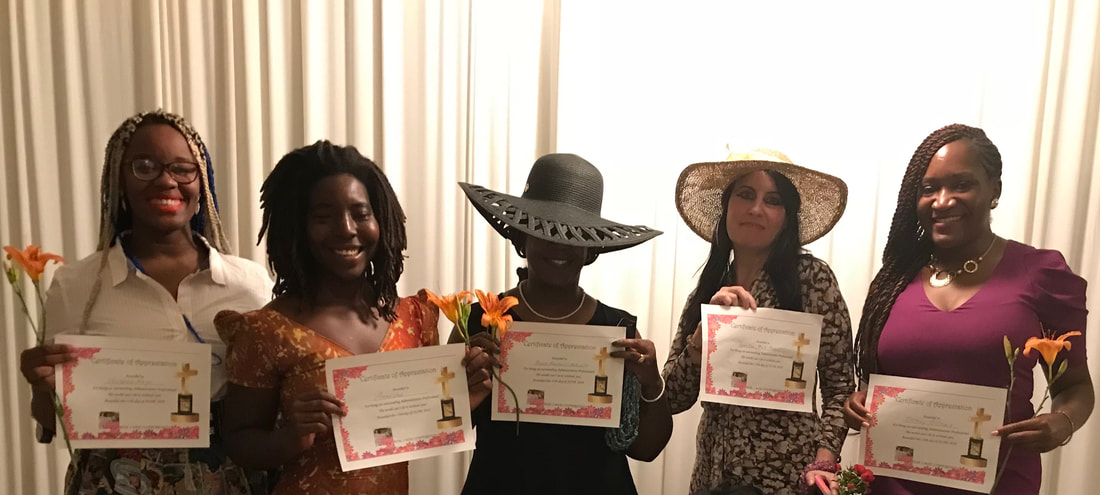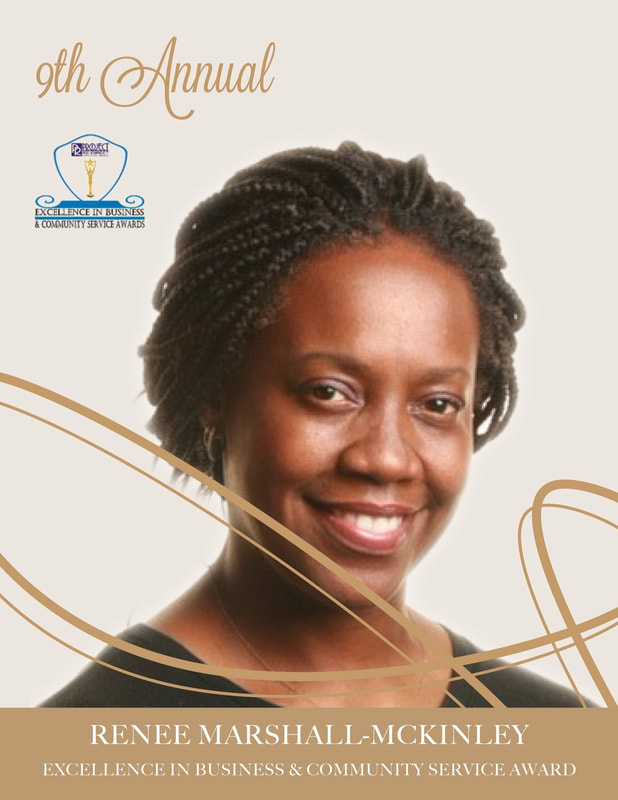Press Kits and media information are available upon request by contacting Renee Marshall-McKinley at (973) 996-8268.
Business and Community Award June 2018
Project Redirect Service Award June 2018
KYSS In The Press
PLAINFIELD — (January 13, 2013) Though the seven-day celebration of Kwanzaa
ends on Jan. 1, the lessons its celebrants learn, particularly for the youngest
in the community, are designed to last a lifetime, says Mfundishi Jhuti Mes
Hassan K. Salim, a scholar of African Studies.
Created in the 1960s by historian Maulana Karenga, Kwanzaa is a celebration
of the harvest, based on many African traditions. It has the added purpose of
teaching children values that are key to building a strong character and a
better community, said Salim, who was a major part of a Kwanzaa celebration
Saturday at the Washington Community School in Plainfield.
Salim said that Karenga, who hailed from Central Jersey, gathered many
African customs into a unified "ReAfricanization ritual," to give
African-Americans a deeper sense of their identity and culture. He said the
African slaves were robbed of their culture, food and heritage for generations
and left to fend for themselves after emancipation in 1863.
Kwanzaa is a holiday to help individuals rediscover and appreciate their
African roots, he added.
"Kwanzaa is not about religion. It has no hero. It's a spiritual celebration
to galvanize the community around seven principles, based on how to be a better
person," Salim said.
The Seven Principles or Nguzo Saba (Kiswahili term) are Umoja (unity);
Kujichagulia (self-determination); Ujima (collective work and responsibility);
Ujamaa (cooperative economics); Nia (purpose); Kuumba (creativity); and Imani
(faith). Salim said on each day of Kwanzaa, celebrants light a candle and focus
on the principal for that day.
On Saturday, the principle of the day was Nia -- purpose -- and speakers such
as MBa Heru Akhet, Salim, Mayor Sharon Robinson Briggs and Newark educator and
singer Lady Rose Roberson focused on the purpose of teaching children culture
and values. At the same time, the community celebrated the other Kwanzaa
principles such as Ujamaa and Ujima by encouraging entrepreneurs in the
community to sell their products, such as lotions, oils, other personal-care
products, jewelry, blankets and scarves. The day's events were organized by
Plainfield's Department of Recreation.
Among the vendors were Roberson, who was selling books for children, CDs and
Rita Book dolls to encourage children to enjoy and develop reading skills.
Saleem Bligen of Plainfield was selling blankets, hats and scarves with images
of President Barack Obama and his family woven or knitted into them. Renee
Marshall-McKinley was promoting her KYSS (Keep Yourself Smelling Sweet) line of
massage oils, lotions and organic sugar scrubs, all made by hand in her home.
Her friend Gail Crawford was selling jewelry, pocketbooks and hats, especial
little hats that clip to the top of your head, which Crawford said is a new
trend.
Salim, who is also an ordained priest in the northeast African Kemetic
tradition, opened the celebration by performing a libation, calling on a
blessing from the ancestors. The Black National Anthem was sung. The afternoon
program then included storytelling by Salim, a song by Roberson, and dancing
from the Plainfield High School and Maxson Middle School dance troupes. Other
musical performances, dances, videos and poetry recitations followed. Each facet
of the program stressed an essential value that speaks to the heart of
Kwanzaa.
Although the Kwanzaa celebration on Saturday was just a one-day event,
individuals who observe Kwanzaa continue to celebrate right through today,
ending with a feast. Salim said you don't have to give gifts for Kwanzaa, but
those who do choose things that are culturally important, handmade, or
indications of self-sufficiency.
"For example, my mother helped me with my education, so I might give her a
gift to show her how grateful I am for her support," Salim said. "And the gifts
are usually things that support your own economy, your own community."
Staff Writer Pamela MacKenzie: 908-243-6616; [email protected]
ends on Jan. 1, the lessons its celebrants learn, particularly for the youngest
in the community, are designed to last a lifetime, says Mfundishi Jhuti Mes
Hassan K. Salim, a scholar of African Studies.
Created in the 1960s by historian Maulana Karenga, Kwanzaa is a celebration
of the harvest, based on many African traditions. It has the added purpose of
teaching children values that are key to building a strong character and a
better community, said Salim, who was a major part of a Kwanzaa celebration
Saturday at the Washington Community School in Plainfield.
Salim said that Karenga, who hailed from Central Jersey, gathered many
African customs into a unified "ReAfricanization ritual," to give
African-Americans a deeper sense of their identity and culture. He said the
African slaves were robbed of their culture, food and heritage for generations
and left to fend for themselves after emancipation in 1863.
Kwanzaa is a holiday to help individuals rediscover and appreciate their
African roots, he added.
"Kwanzaa is not about religion. It has no hero. It's a spiritual celebration
to galvanize the community around seven principles, based on how to be a better
person," Salim said.
The Seven Principles or Nguzo Saba (Kiswahili term) are Umoja (unity);
Kujichagulia (self-determination); Ujima (collective work and responsibility);
Ujamaa (cooperative economics); Nia (purpose); Kuumba (creativity); and Imani
(faith). Salim said on each day of Kwanzaa, celebrants light a candle and focus
on the principal for that day.
On Saturday, the principle of the day was Nia -- purpose -- and speakers such
as MBa Heru Akhet, Salim, Mayor Sharon Robinson Briggs and Newark educator and
singer Lady Rose Roberson focused on the purpose of teaching children culture
and values. At the same time, the community celebrated the other Kwanzaa
principles such as Ujamaa and Ujima by encouraging entrepreneurs in the
community to sell their products, such as lotions, oils, other personal-care
products, jewelry, blankets and scarves. The day's events were organized by
Plainfield's Department of Recreation.
Among the vendors were Roberson, who was selling books for children, CDs and
Rita Book dolls to encourage children to enjoy and develop reading skills.
Saleem Bligen of Plainfield was selling blankets, hats and scarves with images
of President Barack Obama and his family woven or knitted into them. Renee
Marshall-McKinley was promoting her KYSS (Keep Yourself Smelling Sweet) line of
massage oils, lotions and organic sugar scrubs, all made by hand in her home.
Her friend Gail Crawford was selling jewelry, pocketbooks and hats, especial
little hats that clip to the top of your head, which Crawford said is a new
trend.
Salim, who is also an ordained priest in the northeast African Kemetic
tradition, opened the celebration by performing a libation, calling on a
blessing from the ancestors. The Black National Anthem was sung. The afternoon
program then included storytelling by Salim, a song by Roberson, and dancing
from the Plainfield High School and Maxson Middle School dance troupes. Other
musical performances, dances, videos and poetry recitations followed. Each facet
of the program stressed an essential value that speaks to the heart of
Kwanzaa.
Although the Kwanzaa celebration on Saturday was just a one-day event,
individuals who observe Kwanzaa continue to celebrate right through today,
ending with a feast. Salim said you don't have to give gifts for Kwanzaa, but
those who do choose things that are culturally important, handmade, or
indications of self-sufficiency.
"For example, my mother helped me with my education, so I might give her a
gift to show her how grateful I am for her support," Salim said. "And the gifts
are usually things that support your own economy, your own community."
Staff Writer Pamela MacKenzie: 908-243-6616; [email protected]


